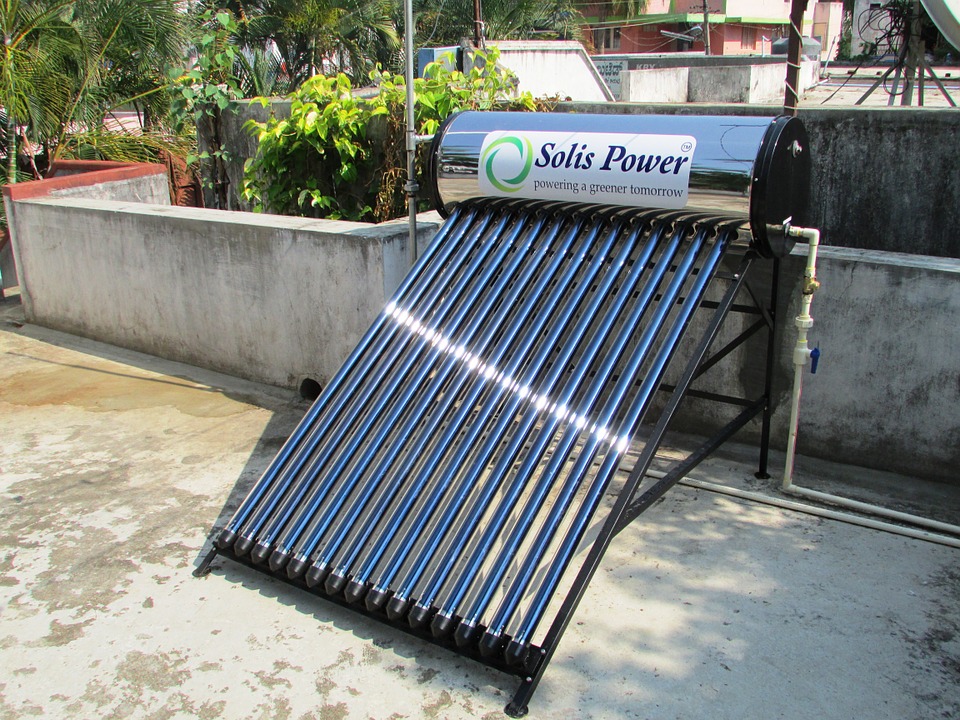
08 Apr Are Solar Water Heating Panels Right for You?
We often take the basic things in our homes for granted. For example, you might not think about it, but the mere fact that heated water comes out of your faucets on demand is one of the biggest amenities that we expect on a day-to-day basis. With these kinds of comforts available to us, we should also be aware of the consequences these luxuries have on our environment.
Greenhouse Gasses and Global Climate Change
We have access to heaters in our homes and heated water in our faucets because we use electricity to heat it for us. Our homes are connected to the power grid, which means that as long as we pay our electrical bills on time, our houses have a steady flow of power to make these comforts possible. Unfortunately, the primary source of power comes by burning fossil fuel which slowly releases greenhouse gasses into our atmosphere.
Pros of Solar Heating
Fortunately, modern technology has evolved so that alternative forms of energy are now available. In the case of water heating, solar heating panels can be a smart addition to your house to decrease the amount of power you use to heat your water.
The greatest benefit of solar water heating is that the sun’s energy is free. Simply using a solar water heating panel can cut the costs of heating your water in half. Not only that, but this also means that you are reducing the carbon emissions needed to heat the water as well. Water heating in the typical U.S. home constitutes 12 percent of total energy use, according to the U.S. Energy Information Administration. If you can trim that down, you’ve made a significant dent in your total energy use.
Additionally, solar water heaters tend to take up less space than traditional water heaters, and they can last up to 20 years with relatively little maintenance.
Cons of Solar Heating
The biggest downside of this technology is that it still can’t fully replace traditional methods as it doesn’t have 100% uptime. Since it needs sunlight, it doesn’t work well in the evening or on cloudy days unless you use solar battery packs to store the energy. Also, it is greatly dependent on the location and season as not all areas receive the same amount of sunlight.
Another disadvantage to solar water heaters is that they require valuable roof space that could be used for multi-purpose solar panels. They also cost more than traditional water heaters up front, but their long term savings can counteract the initial difference in price.
However, this doesn’t mean that the technology should be overlooked. In fact, the more people use it, the better the technology will be as demand fuels innovation. Also, any step that can help reduce carbon emissions is always a good step to help save the environment.



